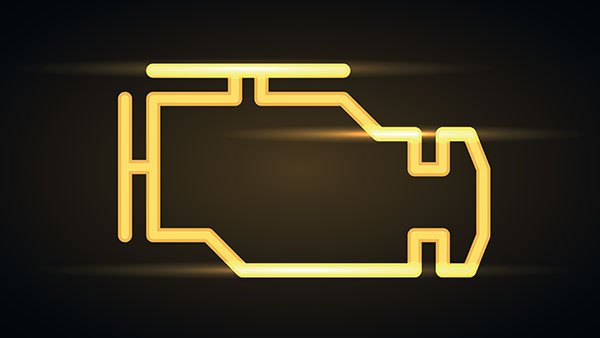
The check engine light, an essential dashboard warning, serves as an indispensable indicator of potential issues within a vehicle's intricate system. Among the different types of check engine light signals, the flashing and solid variations represent distinct conditions that demand a driver's immediate attention. Understanding the disparity between these signals is crucial for maintaining a well-functioning vehicle and ensuring road safety.
Check Engine Light Basics
The check engine light, often depicted as an illuminated engine symbol on the dashboard, operates as a crucial communication tool between the vehicle and the driver. When the check engine light activates, it signals the presence of an underlying problem that requires inspection and resolution. Ignoring this warning can lead to severe consequences, ranging from decreased performance to potential safety hazards.
Flashing Check Engine Light
A flashing check engine light is a critical indicator that demands urgent action. It typically signifies a severe issue within the engine that necessitates immediate attention. This type of warning should never be ignored or overlooked, as doing so can lead to irreparable damage to the vehicle's components and, in some cases, compromise the safety of the driver and passengers.
Potential Causes of a Flashing Check Engine Light
Numerous factors can contribute to a flashing check engine light, including malfunctioning ignition components, damaged sensors, or engine misfires. Additionally, issues with the catalytic converter, fuel injection system, or oxygen sensors may also trigger this alarming signal. Identifying the specific cause is vital in preventing further damage and restoring the vehicle's optimal performance.
Consequences of Ignoring a Flashing Check Engine Light
Neglecting a flashing check engine light can lead to detrimental consequences, such as permanent damage to the engine, reduced fuel efficiency, or complete engine failure. Furthermore, the safety risks associated with ignoring this warning extend beyond the vehicle itself and can impact the well-being of other drivers on the road.
Solid Check Engine Light
In contrast to a flashing check engine light, a solid check engine light indicates a less critical issue that requires attention but does not necessitate immediate action. While the solid signal should not be ignored, it allows drivers more time to address the underlying problem at their convenience, without the urgency associated with a flashing light.
Common Causes of a Solid Check Engine Light
A solid check engine light can be triggered by a variety of less severe issues, such as a loose gas cap, minor sensor malfunctions, or temporary system glitches. While these issues may not pose an immediate threat, addressing them in a timely manner is essential to prevent potential complications and maintain the vehicle's optimal performance.
Assessing the Severity of a Solid Check Engine Light
While a solid check engine light may not require immediate action, it is crucial to assess the severity of the underlying problem. Understanding the potential implications and consulting with a trusted automotive professional can help determine the necessary steps to resolve the issue effectively and prevent further complications down the road.
When faced with a solid check engine light, drivers should conduct a preliminary inspection of the vehicle, checking for any visible issues or irregularities. Additionally, verifying the tightness of the gas cap and ensuring it is properly secured can often resolve the problem. If the light persists, seeking diagnostic assistance from a qualified mechanic is advisable to identify and address any underlying concerns.
If you are worried about the reason behind your check engine light switching on, just contact us at Community Auto and we will solve the issue!